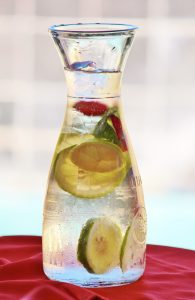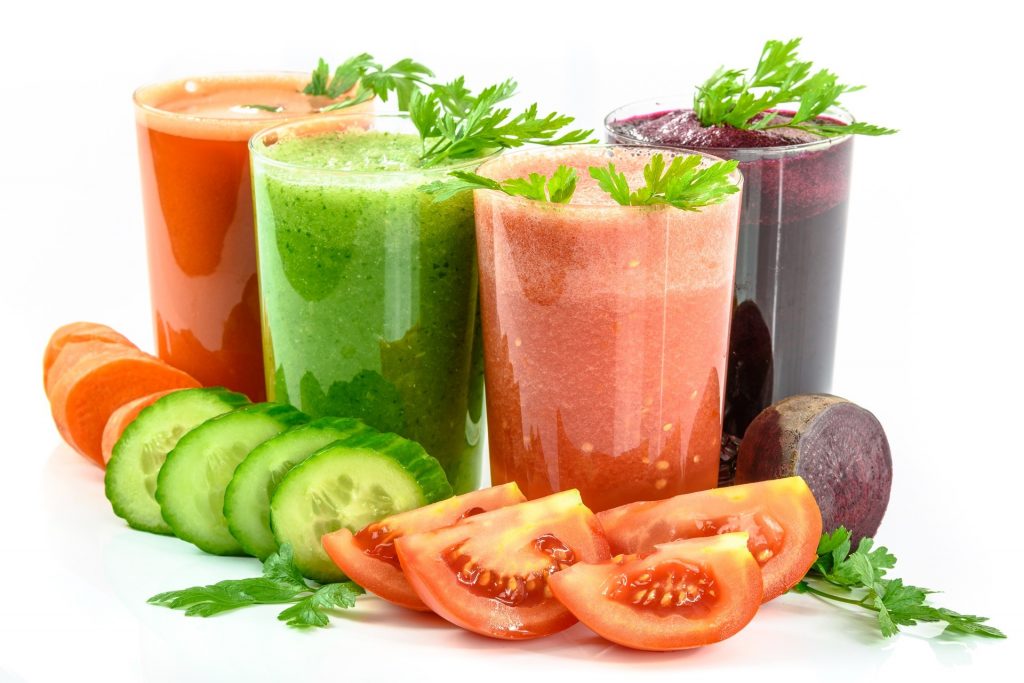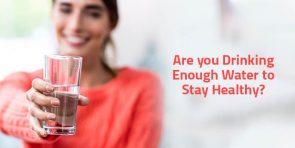What Does Traditional Indian Systems Say About Water Detox
Everyone knows that water is the basis upon which life upon earth is built. Most of the earth is water, and most of the human body is water, so much so that we are more water than solid matter!
Therefore, every medical tradition has acknowledged the role that fresh, pure water has to play in the health and well-being of people. To begin with, here are some interesting facts about water: (Source: All About Water )
- At birth, water accounts for approximately 80 percent of an infant’s body weight.
- A healthy person can drink about three gallons (48 cups) of water per day.
- Pure water (solely hydrogen and oxygen atoms) has a neutral pH of 7, which is neither acidic nor basic.
- Of all the water on the earth, humans can use only about three-tenths of a percent of this water. Such usable water is found in groundwater aquifers, rivers, and freshwater lakes.
- By the time a person feels thirsty, his or her body has lost over 1 percent of its total water amount.
According to Indian traditional systems of medicine, water is a prime agent in detox. It helps the body metabolize fat, and it plays a critical role in isolating and eliminating toxins from the body. At a gross level, Water helps keep the bowels regular, by relieving constipation. Unwanted salts, urea, and nitrogenous wastes are eliminated through the kidneys in the form of urine. In fact, a casual examination of urine can say a lot about one’s hydration levels. A pale yellow or straw-colored urine output indicates optimal levels of hydration, whereas darker tones indicate dehydration.
Traditional Indian medicine says that, for proper detox, water must be sipped frequently, rather than gulped in one go. Similarly, room temperature or slightly warm water helps improve digestion. Water brings down Ushna or excessive body heat and helps keep the blood from thickening.
According to VPK By Maharishi Ayurveda, Ayurveda believes that how much water you should drink will depend on your age, how much physical work or exercise you do, the weather, your diet, and your stress levels, your herbal food supplements, and your body type. The warm Pitta types usually are thirstier than the watery Kapha types. Vata types are often constipated or have dry skin and thus need to drink more water.
A sure symptom of healthy water detox, according to Ayurveda, can be seen in the skin. Well-hydrated, toxin-free people have smooth, clear, and blemish-free skin, with a bright and radiant complexion. Their eyes tend to be bright, without redness or inflammation. Their mood is cheerful, they have high energy levels, and are able to focus for long periods of time.
Water-based detox diets abound. For example, warm water infused with fresh ginger brings down inflammation. Similarly, steep a few tulsi leaves (Indian basil or holy basil) in a liter of warm water, and sip the water throughout the day, to benefit from tulsi’s powerful detox potential.

The detox benefits of a small amount of lime or lemon in water are known for a long time now. To do this, add a thin slice of lemon to a liter of water, and consume it throughout the day. Lemon juice has citric acid, which helps the enzymes to function better. It also stimulates the liver and aids in the detoxification of the liver. Lemon is naturally alkalizing, even though most people think of lemons as acidic. Lemon, however, stimulates the formation of calcium carbonate that neutralizes other strong acids in the body. This is helpful, especially if your diet is heavy in proteins like meat and cheese.
Lemon water aids in digestion strengthens your immune system, cleanses and freshens your skin, and aids in weight loss, according to a very detailed article in Times Of India.
There are dozens of ways in which you can create a water detox regime for yourself and reap.





